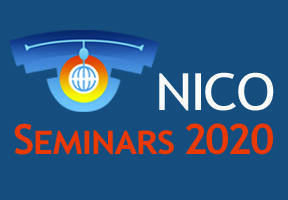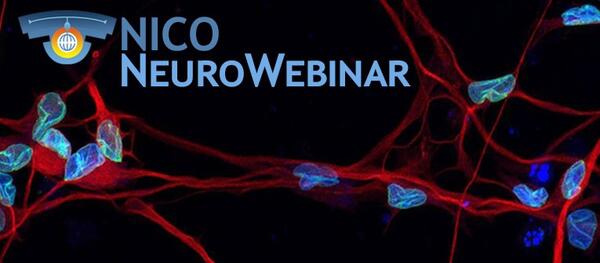Friday, February 7th - h 2:00 p.m.
Seminars Room, NICO
Neuroscience Institute Cavalieri Ottolenghi
Regione Gonzole 10, Orbassano (TO)
Stefano Espinoza
PostDoc, Non-coding RNAs and RNA-based therapeutics, IIT Genova
SINEUPs: a functional class of lncRNAs that activates translation as a novel strategy for gene therapy of neurological disorders
SINEUPs represent a new platform to increase endogenous protein levels of target mRNAs for therapeutic purposes. They are antisense long non-coding RNA (lncRNAs) that stimulate translation of sense mRNAs. Their activity depends on the combination of two domains: the overlapping region, or binding domain (BD), dictates SINEUP specificity, while an embedded inverted SINEB2 element acts as effector domain (ED) controlling the enhancement of mRNA translation.
Their modular structure can be employed to artificially engineer their BD and design synthetic SINEUPs to specifically enhance translation of virtually any target gene of interest.
They usually increase target protein expression of 2-3 fold, thus representing a more physiological effect compared to other DNA or RNA-based approach.
Moreover, they are active only on cells that express target mRNAs, thus avoiding ectopic overexpression.
As representative examples, SINEUP-GDNF RNA increases endogenous GDNF protein levels both in-vitro and in-vivo. AAV9-mediated delivery in the striatum of WT mice led to an increase of endogenous GDNF protein for at least six months and the potentiation of dopaminergic (DA) system’s functions while showing no side effects. Furthermore, SINEUPGDNF was able to ameliorate motor deficits and neurodegeneration of DA neurons in a PD mouse model.
SINEUP-frataxin RNA increases endogenous frataxin protein levels restoring mitochondrial activity in Freidreich’s Ataxia patient’s cells. Our data indicate that SINEUPs could represent a new strategy to increase endogenous protein levels in a more specific and physiological manner and a novel therapeutic approach for haploinsufficiencies.
Host: Serena Bovetti








